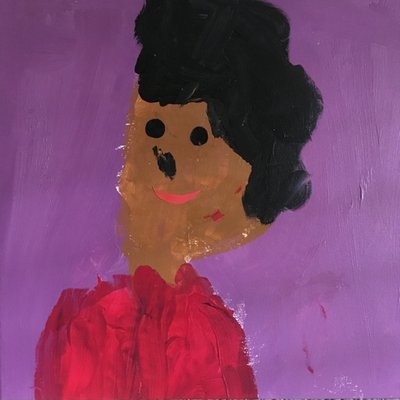A Marred Victory and a Defeat Pregnant with Foreboding
26 June 2009, early morning
I’ve been slowly reading through the UTHRJ account of the final days of the recent war in Sri Lanka. If you want a good read on why Sri Lanka is a horrible place, A Marred Victory and a Defeat Pregnant with Foreboding is well worth a read. It is written in the same matter of fact bleak as hell style as their other reports, and covers the final days of the war. So far it’s all indiscriminate killing, extrajudicial murder, mass graves, and human rights abuses. I’m about half war through the special report now, and it’s almost painful to keep reading.
There are quotes from survivors:
“On the road we saw a few bodies. No one buries them anymore. This has resulted in the whole area being permeated by a putrid stench. When someone dies or is killed, people are only looking for food to be taken, but do not bury the victim. From our new location, where we just moved in, the water source is some distance away. When I attempted to fetch water early this morning, I had to race back to our bunker upon hearing the ominous boom of cannon and soon shells began falling around. It doesn’t bother me too much anymore. It has become normal that you could die any moment and anyway the food situation is so bad that some were dying from starvation. In desperation, resulting from shelling, food scarcity and total misery some people felt it was better to walk out of the safe zone although you know the LTTE is shooting people who attempt it, besides, it is extremely dangerous.” — Anonymous, 15 May 2009
And then there is what they’ve pieced together from multiple sources:
These sources said that Prabhakaran was tortured probably at Division 53 HQ in the presence of a Tamil government politician and a general. Several army sources have said Prabhakaran’s 12-year-old son Balachandran was killed after capture. Ours said that he was killed in front of his father. These sources added that this information is correct unless officers at the highest level are fibbing to one another. Our sources in addition to several others have said that all the LTTE persons remaining in the NFZ were massacred. [ed. emphasis is mine. wtf?]
And then there are things they report that the government didn’t even bother trying to hide, though one has to wonder why the fuck not:
As to the fate of the women, the Defence Ministry’s web defence.lk displayed among bodies identified that of a woman named as Colonel Mekala. Her body lies beside that of another woman in what appears to be a night dress, not battle fatigues. Mekala’s picture suggests that she had been stripped and her body was covered with a blue cloth before being photographed. Some flies and some white substance in her hair could also be noticed. Some of the victims had been executed by shooting into the ear. One wonders what made the Defence Ministry take pride in displaying these pictures.
It’s all stuff like this.
The next section, which I have yet to read, is on the prison camps. It’s actually disappointing we live in a world where there is even an argument over the legitimacy of keeping people locked up in internment camps. This quote by Tisaranee Gunasekara sums up my feelings nicely:
What if after the death of Rohana Wijeweera and the top JVP leadership, the government decided to incarcerate all residents of the areas previously under de facto JVP control (such as most of Hambantota and Moneragala districts), in order to catch a few thousand JVP operatives? What if huge ‘welfare camps’ were built and hundreds of thousands of Sinhalese were herded into them, so that the Security Forces could weed out a few thousand JVP cadres hiding amongst them? Would that not have been as illegal as hell and a moral outrage? Counterproductive too, as it would have further polarised the South, rendering impossible any reconciliation, any return to normalcy. Sri Lanka would have remained an unstable land, riven by fear, suspicion, bitterness … The men, women and children in these camps are not de jure prisoners because they have not been found guilty of or even been charged with any crime. They are de facto prisoners, whose sole ‘crime’ was living in ‘enemy territory’. The camps represent nothing less than the extra-judicial internment of almost the entire population of the Northern districts which were under Tiger control during the last phase of the war. If this is not ethnically based collective punishment, what is it?“ – from the Sunday Island 7 Jun 2009 [ed. emphasis is mine.]
Sometimes I get asked about what’s going on in Sri Lanka. I find now I try to change the subject as quickly as I can. At least now there are protests in Iran for people to talk about.
